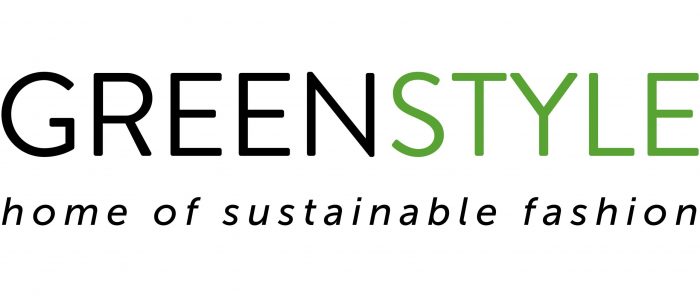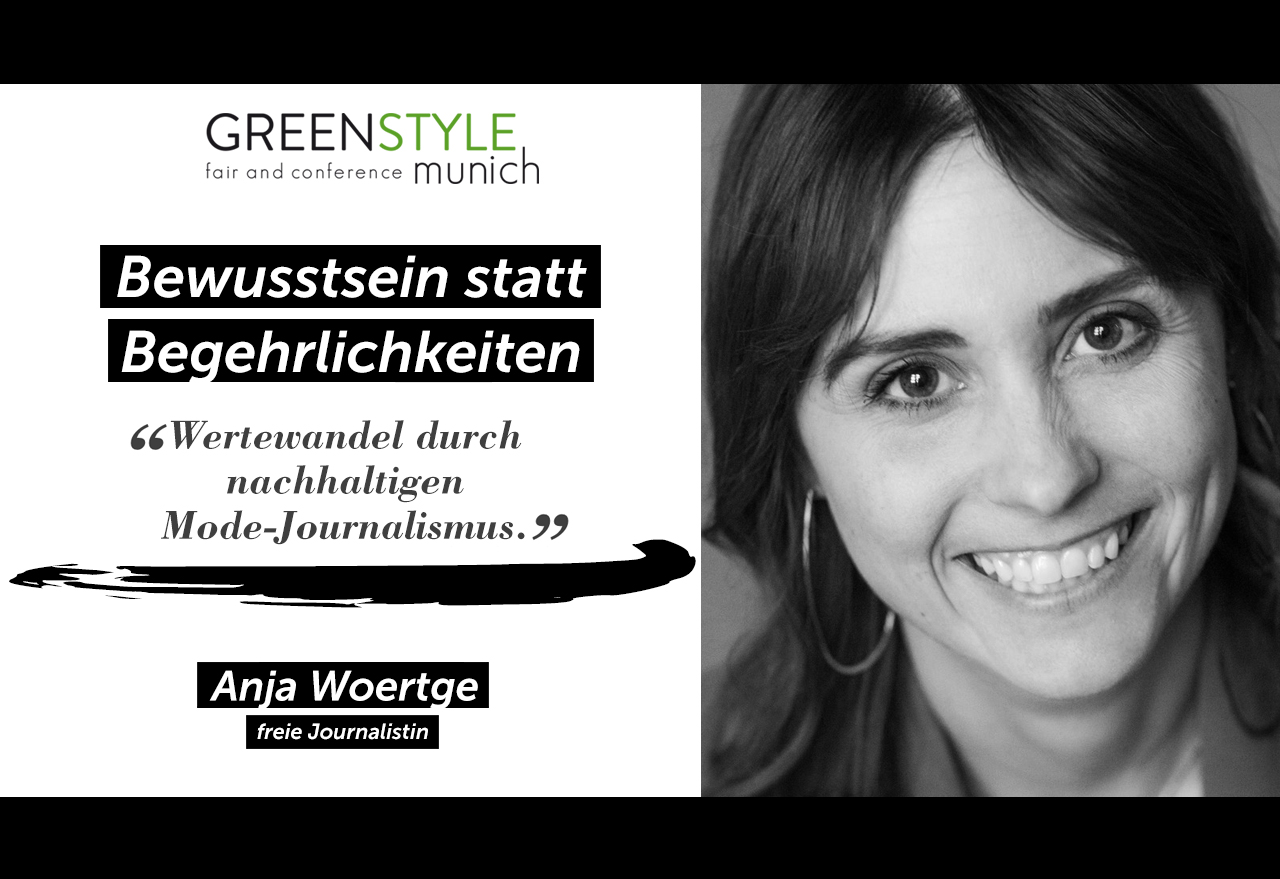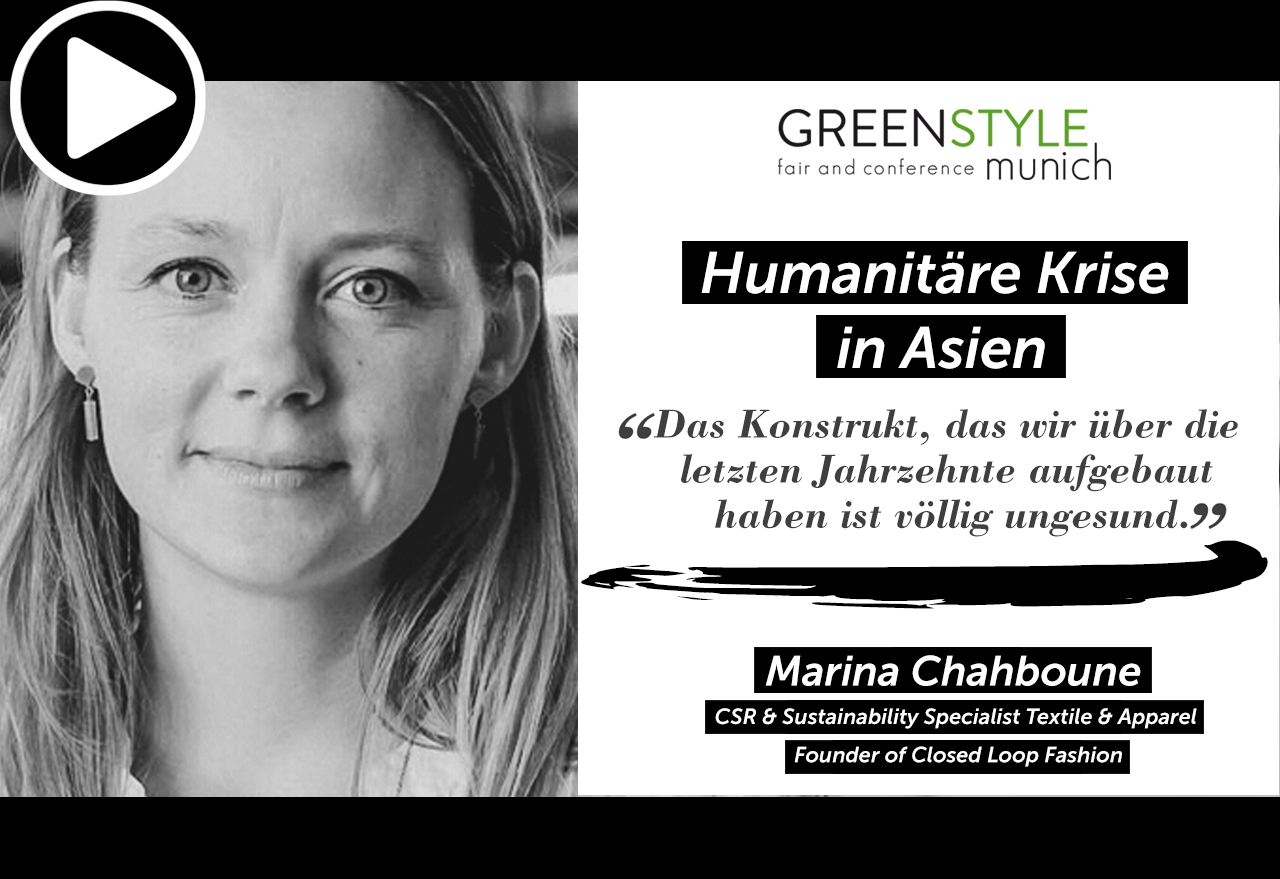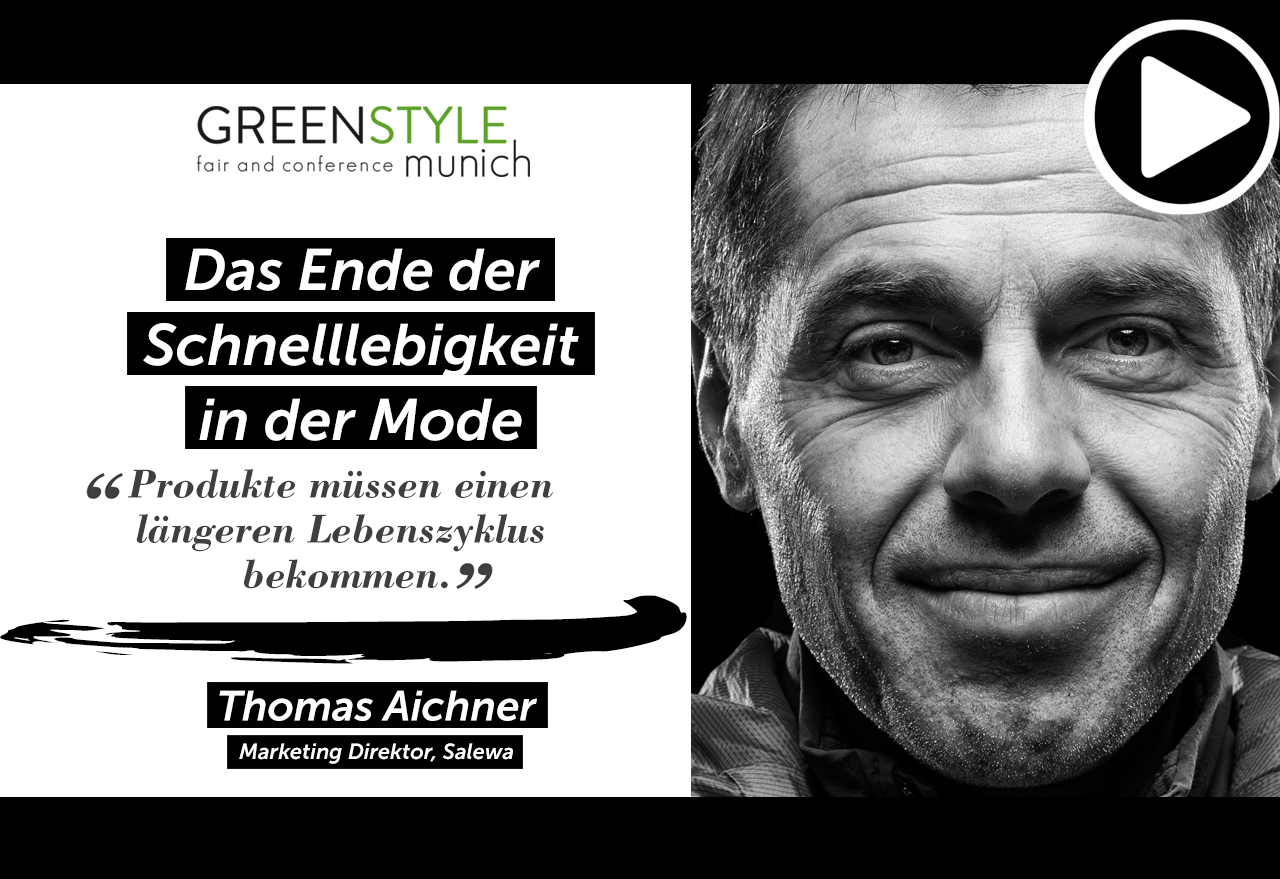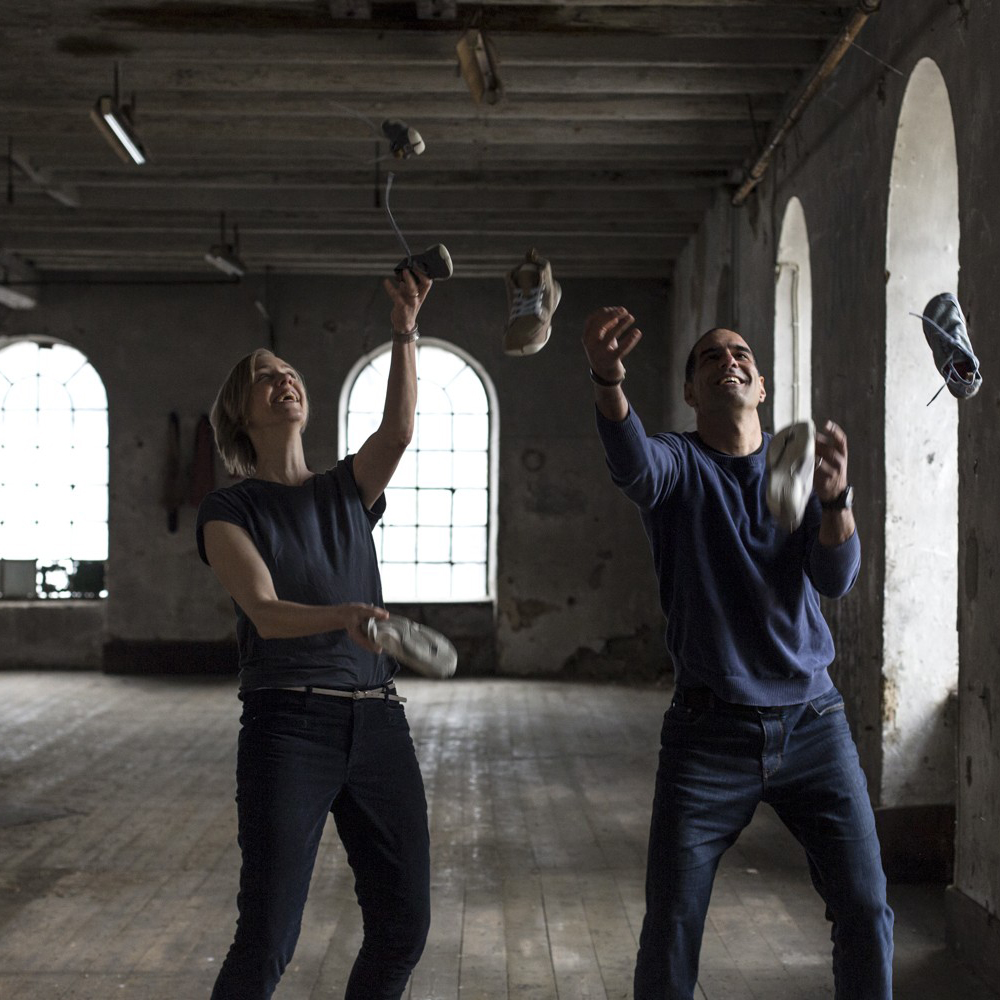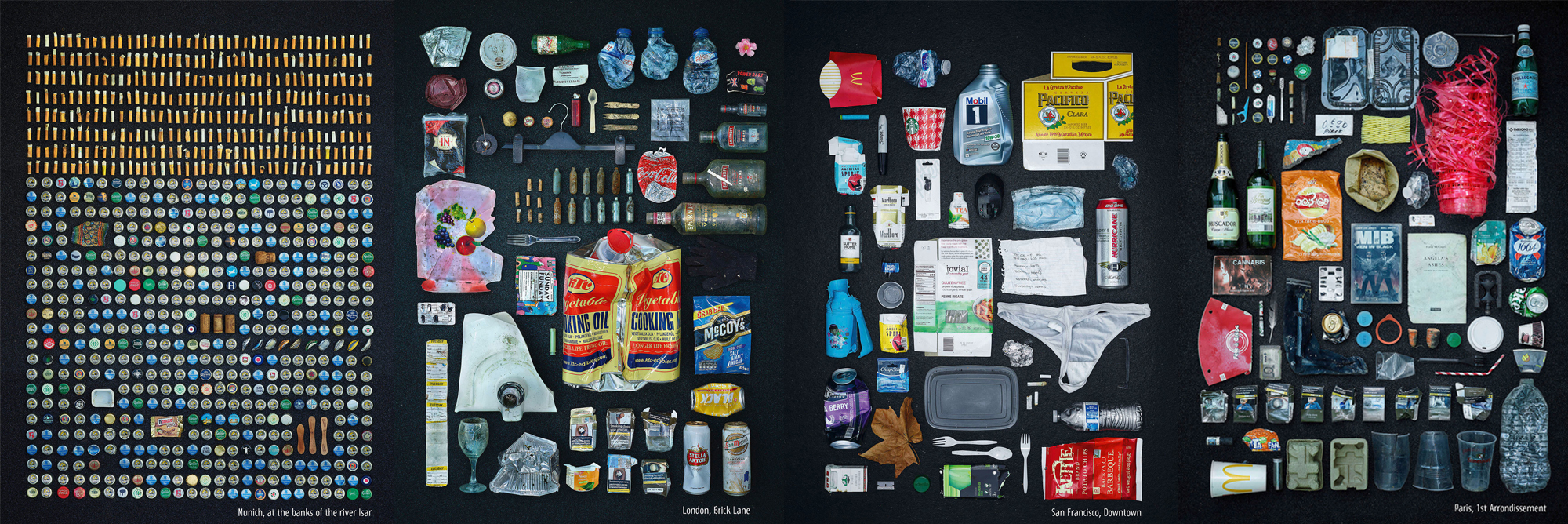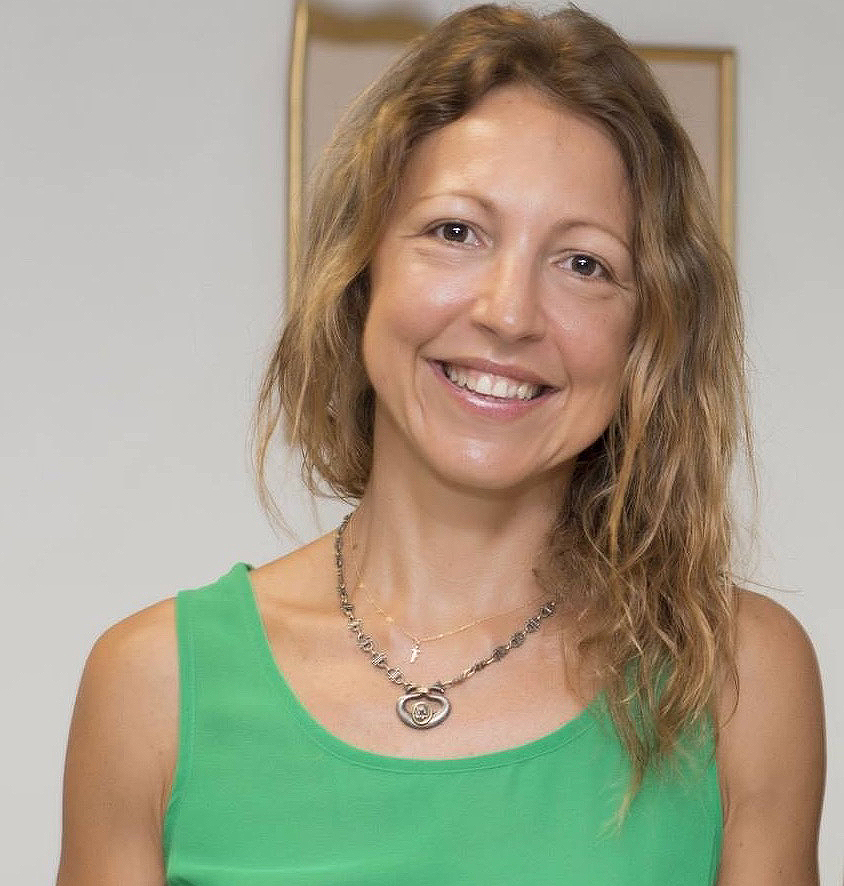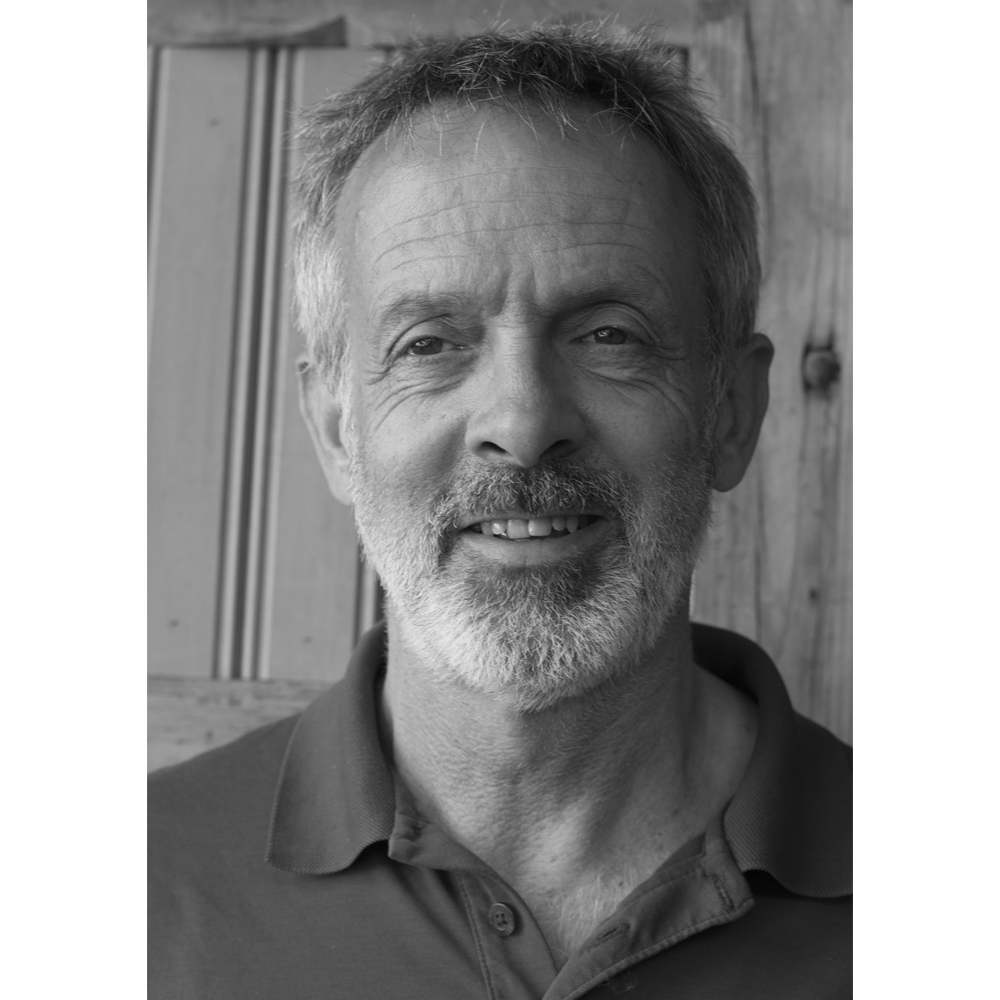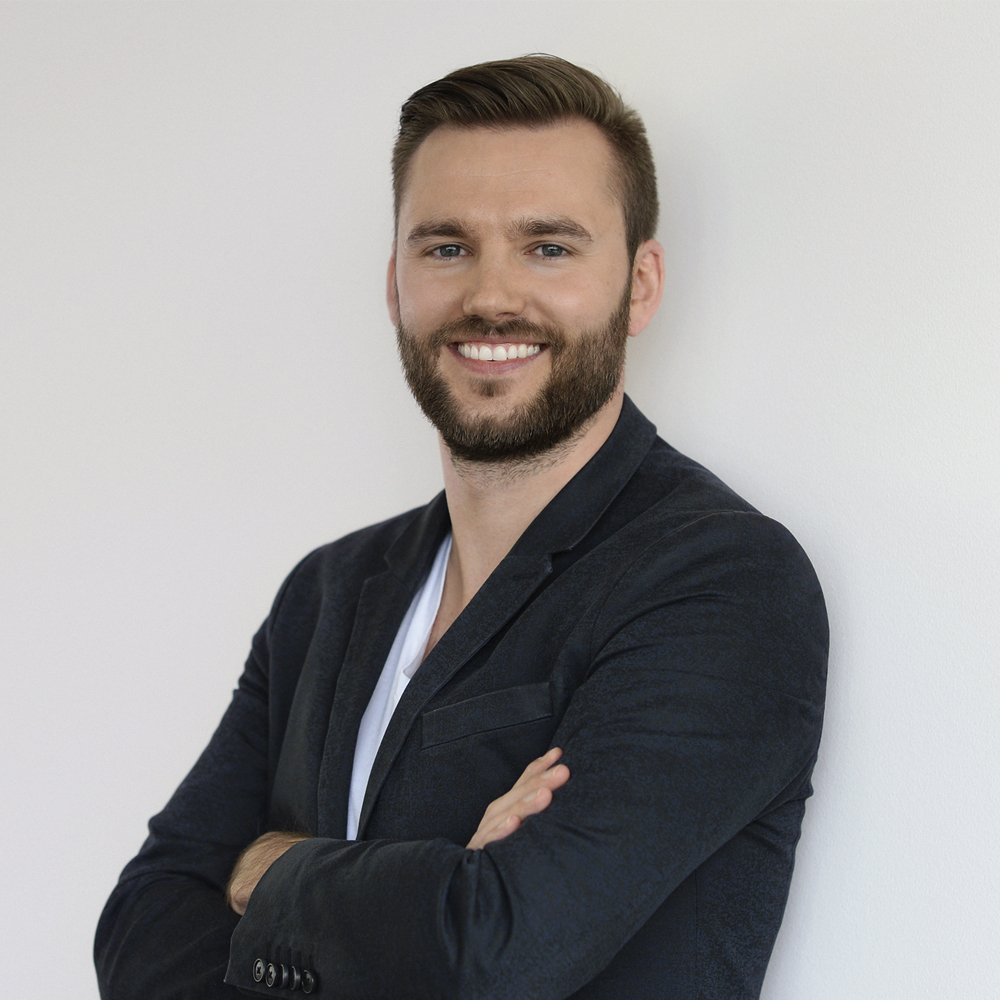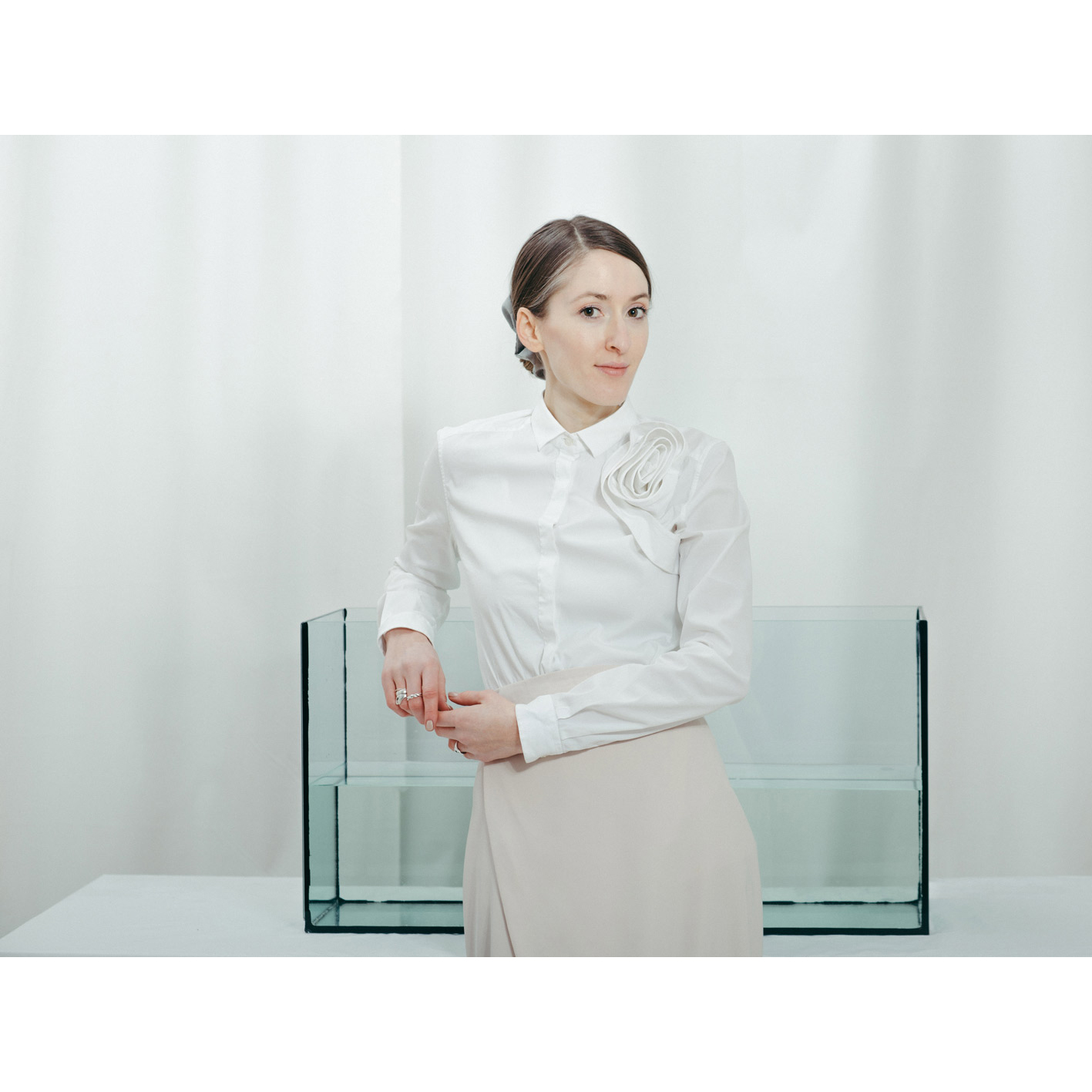More consumption. More trends. More and more seasons. Classic fashion journalism is often tied to “always more”. Whether sales-promoting formats such as “ten must-haves of the season” or “Outfits under 50 or 100 euros” are still contemporary and whether sustainable fashion journalism can have a positive effect on conventional magazines?
Continue readingHumanitarian crisis caused by the behavior of fashion brands
Brands are canceling their orders. Partially produced goods are not accepted. Factories have to close, workers are laid off. The effects of Corona on the textile industry are enormous. We discuss the current situation in Indonesia and Bangladesh with Marina Chahboune, whose agency “Closed Loop Fashion Consulting” is a sustainability manager in the textile production sector and advises large companies from Indonesia.
Continue readingThe End of Fast Fashion
Originally, we had invited Salewa marketing director, Thomas Aichner, to a case study at the 4th edition with four other outdoor experts. To mark the occasion, presenter Susanne Barta is now talking to the former professional snowboarder and tourism expert about corporate responsibility, learnings from the Corona crisis, looking to the future and the end of the fast pace of life.
Continue readingDecentralized Team: Online Coaching
Wildling makes minimalistic shoes and with the great success. Entrepreneurial and for the feet that not only feel comfortable in these shoes, but that can unfold and relax thanks to their special texture. The company from Engelskirchen has a total of 137 employees. Large offices are not necessary because Wildling relies on a decentralized team. Wildling founder Anna Yona explains how this works in her online coaching.
Wildling founder Anna Yona already geared her company towards decentralized working methods when she founded it. In the meantime, she can draw on a correspondingly large wealth of experience. In her online coaching, she talks about how decentralized working at Wildling and how a short-term switch to working at home can be made possible.
“Let’s work from home!” This sounds easier than it is implemented. Many people who are converting to home office can tell you a thing or two about this.
How do you keep a decentralized team together? Which tools are helpful? How do you organize the daily work routine at home? And how do you create a strong foundation to establish the digital setup successfully in the long term?
Our tip? Be sure to take a look because decentralized working is becoming more and more important, not only in times like these.
Rubbish stories: WASTELAND by Simon Puschmann
[vc_row][vc_column][vc_column_text]

When Tobias Sehr, curator of the Frauenbergateliers in Munich-Thalkirchen, drew attention to the work of Simon Puschmann, it was clear that we would realize something together. We absolutely wanted to integrate the equally surprising and contemporary garbage artworks into the 4th edition of the GREENSTYLE. The 4th edition did not take place (Click here for the Virtual Conference). Neither did the exhibition WASTELANDS by Simon Puschmann in the Frauenbergateliers. Postponed due to the crisis.
While it is said that the German population has been hoarding toilet paper since the beginning of the Corona crisis, the Frenchman has been hoarding red wine and condoms. The article of the hour in the USA? Weapons. Those are the clichés. Simon Puschmann’s creative garbage collections reveal much more profound country- and city-specific differences.
Simon Puschmann wants to use his reach to create awareness for rubbish.
We encounter PET bottles, aluminium cans, beer cans, cigarette butts and crown caps everywhere outside the garbage bin. But also sunglasses, lunch cans and underwear appear in the works of Simon Puschmann. When he’s not working for Adidas, Leica or Volvo, the Hamburg-based advertising photographer and director makes art out of what others throw next to the bin.
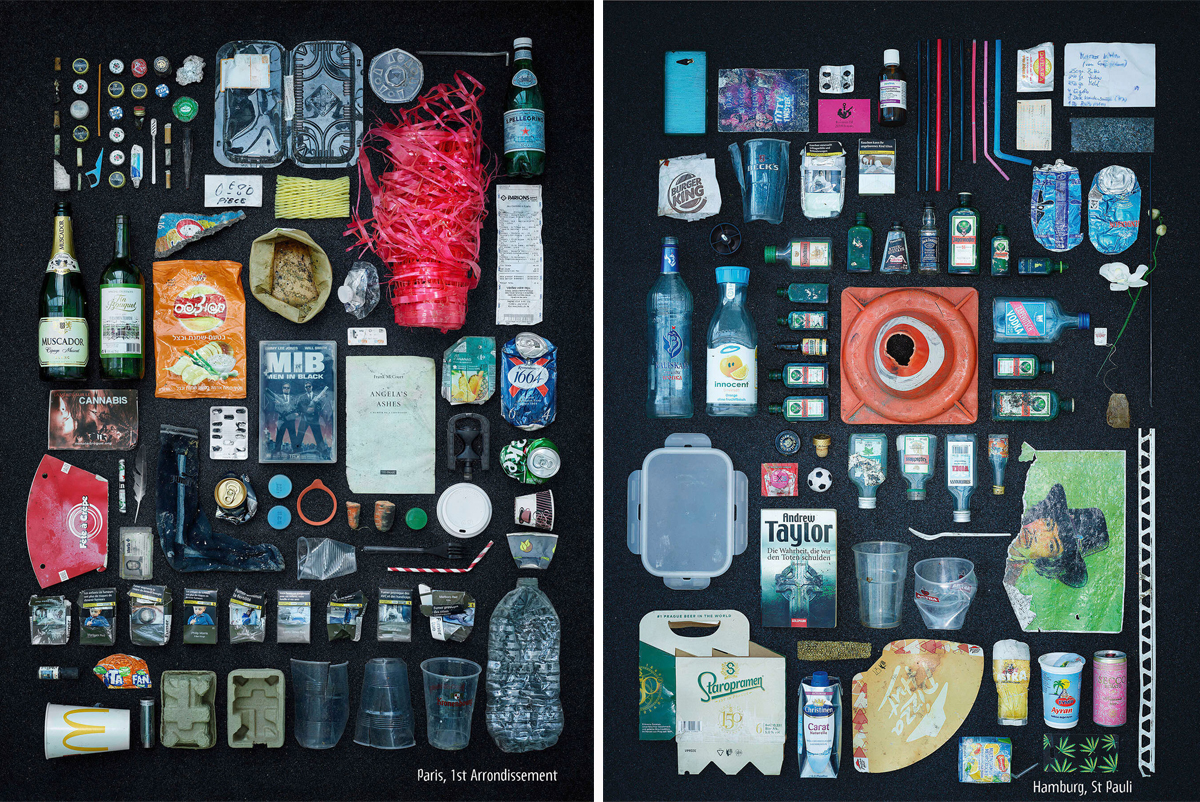
In 90 minutes, still life photography is created to document international consumption patterns.
Puschmann collects his material in various metropolises from San Francisco to Munich. 90 minutes per location. How much rubbish can be collected during this time? Quite different, says the artist, who will reduce the time to 60 minutes in order to give justice to clean cities. By the way, he has never kept a found object: “I always and without exception throw things away afterwards.”
Puschmann found most of his rubbish in San Francisco. The artist has “puzzled” the longest with the Munich rubbish. The “cleanest” city? Malaga.
Which city is next on his agenda? “Unfortunately none, because you can’t travel at the moment. The planning of my series is purely coincidental. I always produce a new motif when it takes me somewhere, either professionally or privately (holidays). Unfortunately, that’s not on the agenda at the moment.”
Portraits of the places I found, which reflect consumption patterns and habits. And all in all an artistic statement, a visual critique of a global crisis. It’s surprising how nicely garbage can be arranged. But it still doesn’t belong on the floor.
Information and works about Simon Puschmann
Program and media on KulTh.TV[/vc_column_text][/vc_column][/vc_row][vc_row][vc_column width=”1/6″][/vc_column][vc_column width=”2/3″][vc_column_text]
[/vc_column_text][/vc_column][vc_column width=”1/6″][/vc_column][/vc_row]
Modern Slavery @ Fashion Industry
Human trafficking is a major issue worldwide. And a very big issue in the textile industry. Unfortunately also in sustainable and “fair” textile production. Fiori Zafeiropoulou can easily be described as one of THE experts in this field. Her commitment does not stop at research and observation, Fiori is also the founder of SOFFA, a social fashion factory in Athens.
“The second biggest industry with labour trafficking is fashion.
72 percent are women and girls.
One out of four is a child.
Average age of children in slavery is 12 years old.”
Together with her team, she works with victims of human trafficking, among others, training them and preparing them for an independent future.
“Corona has two sides: The virus has led to the slow down of consumption. But the brands stopped the production without paying the factories. So the workers are not paid.”
The scientist and activist is globally networked and at the same time locally active. Fiori is a bundle of energy because in addition to all this she has also built up Fashion Revolution Greece and is the chairperson.
“For us as the global consumers the situation is a very good opportunity to reflect on our overconsuming habits.”
In an interview with Susanne Barta, human trafficking expert Fiori Zafeiropoulou talks about “modern slavery” and how Corona is causing great difficulties for production companies and workers. Does she believe that the current crisis will have a positive impact on the textile industry and consumers? “A lot has happened in recent years,” says the expert. And she believes that consumer awareness will continue to grow.
Corona, climate & global common good
The renowned climate researcher Georg Kaser has given up optimism and pessimism. He can only talk about chances and opportunities. And what are they? “We can learn a lot from what is happening right now. This is about the global common good.”
Georg Kaser spends his home office time in Karthaus in the Schnals Valley in South Tyrol. Every day he exchanges ideas with his colleagues who are scattered all over the world.
“Climate change is far greater and more problematic than Corona will ever be.”
Even though the topic of climate change has disappeared somewhat from the media, intensive work is being done behind the scenes to bring back into the public’s conscious as quickly as possible what the state of our world is and what we can expect if no countermeasures are taken.
“The Corona crisis attacked us from behind and suddenly we were there. For most people, the climate crisis is still ahead of them, even though climate change has already begun.”
Because the experts agree: the challenges of the coming years will be much greater, Corona is at most a foretaste. “We can learn from this time,” says Georg Kaser, “I see opportunities that are currently available, but I also see the complexity. It is about nothing less than the global common good.”
Presenter Susanne Barta about Georg Kaser
Susanne Barta, who moderates the discussion with Georg Kaser is in constant contact with the expert. His humor and his untiring commitment to a better world are what, in her eyes, particularly distinguishes him, in addition to all his scientific merits.
We look forward to welcoming Georg Kaser live on the podium at one of the next editions of the GREENSTYLE conference.
Fair Fashion @ Corona
“The situation is extremely confusing and dangerous,” says Thimo Schwenzfeier, show director of NEONYT and talks about chances and risks for the (fair)fashion industry in (and after!) times of crisis. Because the industry has to be prepared for the AFTER Corona period and then – each in his own way – offer the best possible stage.
Originally, we had planned that Thimo Schwenzfeier would give a keynote on the status quo of sustainable fashion at the 4th edition conference. With the Corona crisis, the topic of sustainable fashion has taken on a new direction and a different dynamic. That’s why, in the video, Thimo Schwenzfeier talks about the impact of the current situation on the fair fashion industry.
“The situation is extremely confusing and dangerous. For the fashion industry. And for the FAIR FASHION industry.”
As show director of NEONYT/Messe Frankfurt he has THE insight into the industry par excellence. With 220 exhibitors, NEONYT in January was the largest trade fair in the sustainable sector to date. The fear and uncertainty about the current situation is palpable for everyone.
“Everyone is in the same boat here: labels from NEONYT as well as from Innatex or Premium.”
But the situation is not only worrying for exhibitors, because Berlin Fashion Week, which is scheduled for the end of June, is just as affected by the current situation. Will it be able to take place? To what extent and with what formats?
“We must be prepared for AFTER Corona and then provide the best possible stage.”
Questions, suggestions etc. to Thimo Schwenzfeier
@thimo.schwenzfeier | @neonyt.berlin | neonyt@messefrankfurt.com
Mirjam Smend about Thimo Schwenzfeier
As show director of the world’s leading B2B trade fair NEONYT, Thimo Schwenzfeier has insights into the trade unlike few others. It goes without saying that we turned to him in the first place when it came to giving an insight into the current situation and an outlook on the topic of “Fair Fashion and Corona”.
World Water Day: Fashion & Water
Water is a vital component of life. Unfortunately, this precious resource is finite. In five years, 2.8 billion people in 48 countries will not have access to sufficient quantities of drinking water. Besides year-round campaigns and brands such as “Stop the water while using me” and “Guppy Bag”, the annual World Water Day on March 22nd draws attention to this fact. Fashion & Water is and will remain a topic in the future.
Continue reading